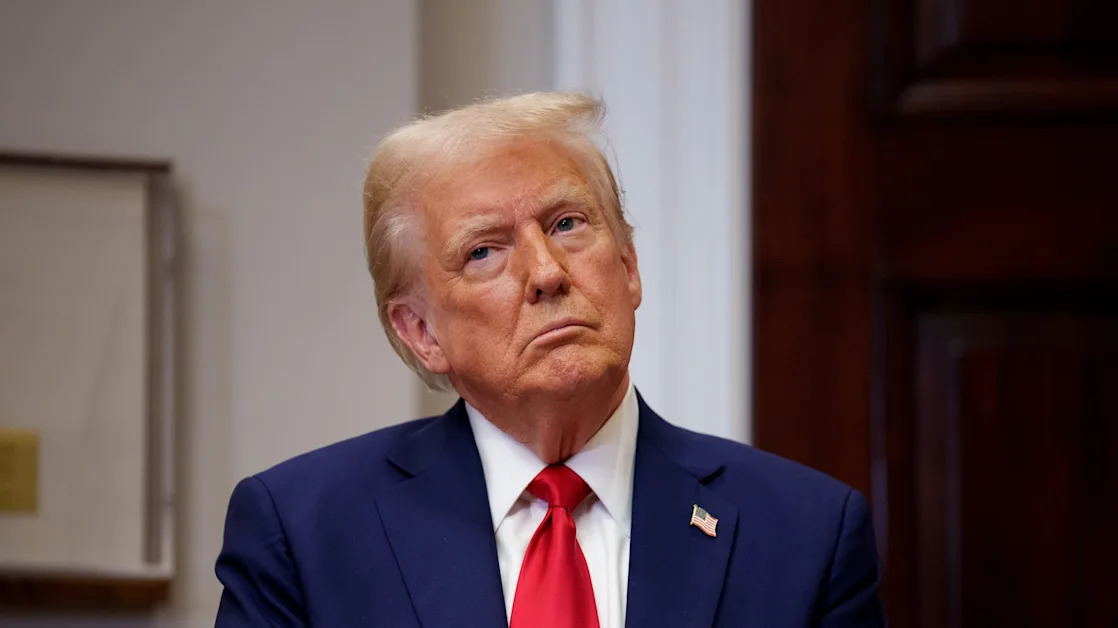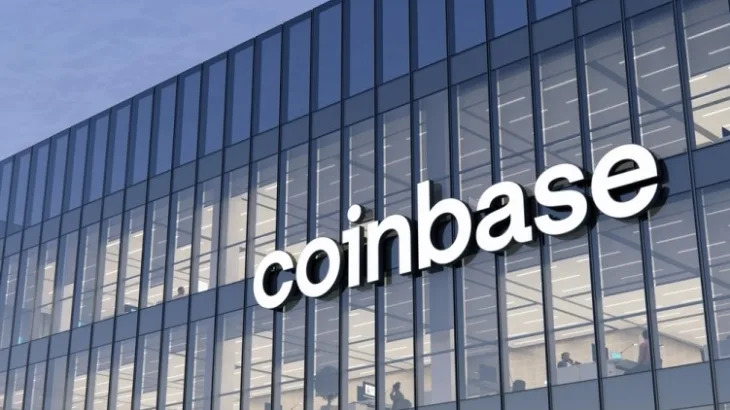President Nayib Bukele recently extolled the merits of El Salvador’s rocky experiment with bitcoin, telling TIME that it has been “a resounding success” that ultimately allowed the Central American country to collect “nothing but benefits.”
In 2021 , the country made bitcoin legal tender, becoming the first country in the world to do so. Bukele said that citizens could now conduct bitcoin transactions across the country – from McDonald’s to hotels – allowing them to experiment with the nascent technology. “The positive outcomes outweigh the negative,” he said, reflecting on the experiment three years on.
Still, Bukele acknowledged his disappointment that more of his countrymen haven't gotten behind bitcoin. “Bitcoin hasn't had the widespread adoption we hoped for,” he told TIME . “Many Salvadorans use it,” he said, not citing the fact that adoption rates are actually declining, with only 12% of citizens using it in the last year compared to 21% in 2022, according to one study .
”The positive aspect is that it is voluntary,” Bukele told TIME. “Those who have not used it have no obligation to use it,” Bukele added. “We have never forced anyone to adopt it. We offered it as an option, and those who chose to use it have benefited from the rise in bitcoin.”
Fewer than 1% of Salvadorans believe bitcoin has improved El Salvador's economy. While some citizens are using bitcoin to buy clothes, food, or electricity, the lack of trust or understanding in the technology, coupled with ongoing infrastructure and technical challenges, has condemned the cryptocurrency to a novelty in the country.
Still, Bukele, a prominent bitcoin maximalist, remains undeterred. He stated that the problems were “relatively minor,” and touted several benefits instead: “[Bitcoin] gave us branding, it brought us investments, it brought us tourism.”





